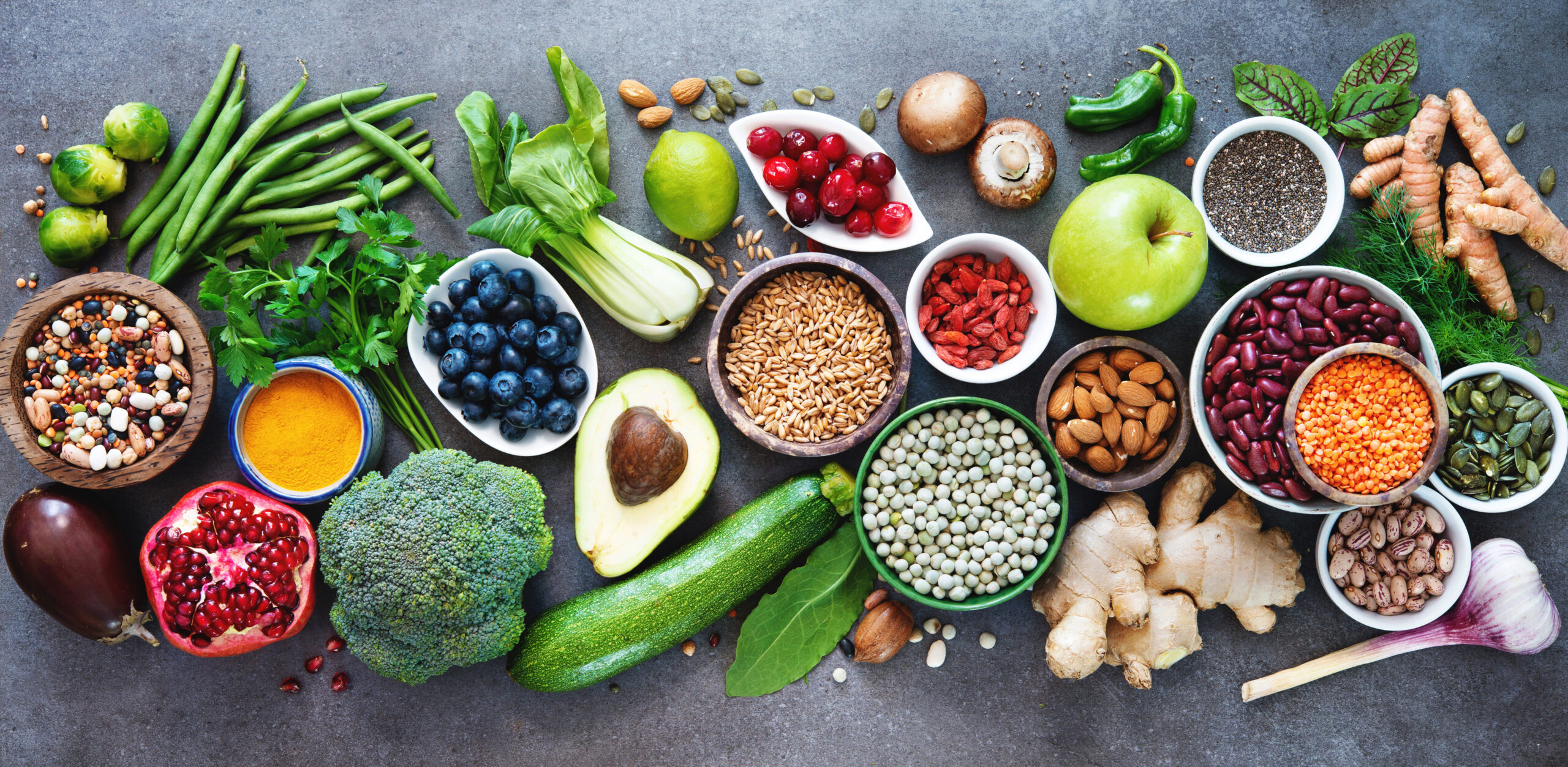Researchers have discovered that most cancer survivors do not make significant improvements to their diet or eating habits after their cancer diagnosis, according to findings published in Public Health Nutrition. Despite their cancer diagnosis, there was no significant difference in diet-related cancer risk awareness and behaviors for cancer survivors compared with individuals with no history of cancer. This represents a missed education opportunity, according to the study authors.
“Cancer treatment specialists view a cancer diagnosis as a ‘teachable moment’ that increases openness to adopting a healthy lifestyle,” stated first study author Hemangi Mavadiya, a doctoral candidate at UC Irvine’s Joe C. Wen School of Population & Public Health. “However, this study shows that there is a critical need for targeted dietary and behavioral interventions for survivors and that education from provider to survivor is insufficient.”
Study Methods and Rationale
As the number of cancer survivors continues to rise—there will be an expected 26 million by 2040 in the United States—researchers believe it is increasingly important to study the lifestyle of those living with cancer to see how it impacts their survival and quality of life. Investigators sought to understand the differences in diet-related awareness of cancer risks and diet-related behaviors for cancer survivors vs individuals without cancer.
“We found that there was a gap in the literature in diet-related cancer risk awareness or behaviors between cancer survivors and [individuals without cancer],” stated corresponding author Yunxia Lu, MSc, PhD, Associate Professor of Population Health & Disease Prevention at the Wen School of Population & Public Health. “We wanted to better understand how survivors were approaching their lifestyle and nutrition choices post–[cancer] diagnosis and treatment and if their cancer journey did anything to improve this area of their lives.”
They initiated a cross-sectional study of data from the Health Information National Trends Survey (HINTS), a data collection program operated by the National Cancer Institute, collected between 2003 and 2022. The data came from harmonized questionnaires about dietary behaviors and awareness of the cancer risks associated with diet.
Key Study Findings
There were no significant differences found in diet-related cancer risk awareness or dietary behaviors between cancer survivors and those without cancer, including the consumption of red and processed meat, alcohol or sugary drinks, fiber, and fruits and vegetables. For example, 82% of both survivors and nonsurvivors failed to meet American Cancer Society recommendations for the daily consumption of two to three cups of fruit (odds ratio [OR] = 0.91; 95% confidence interval [CI] = 0.77–1.06), and about 75% did not meet the recommendations for daily vegetable consumption (OR = 0.96; 95% CI = 0.83–1.11).
The researchers concluded that a cancer diagnosis does not inherently lead to healthier eating behaviors, which could highlight a need for more guidance from health-care providers about the dietary changes that should be made to reduce further cancer risks. The lack of dietary differences could also reflect a lack of training and interprofessional collaboration for health-care professionals regarding delivering dietary advice to patients.
“Our study also shows us that there is a critical need for targeted and feasible dietary interventions tailored to the distinctive challenges faced by [this] vulnerable population and that health-care professionals should integrate culturally sensitive nutritional education and counseling services into routine survivorship care, which may help cancer survivors adopt and maintain healthy dietary behaviors,” Dr. Lu added.
Disclosure: For full disclosures of the study authors, visit cambridge.org.
